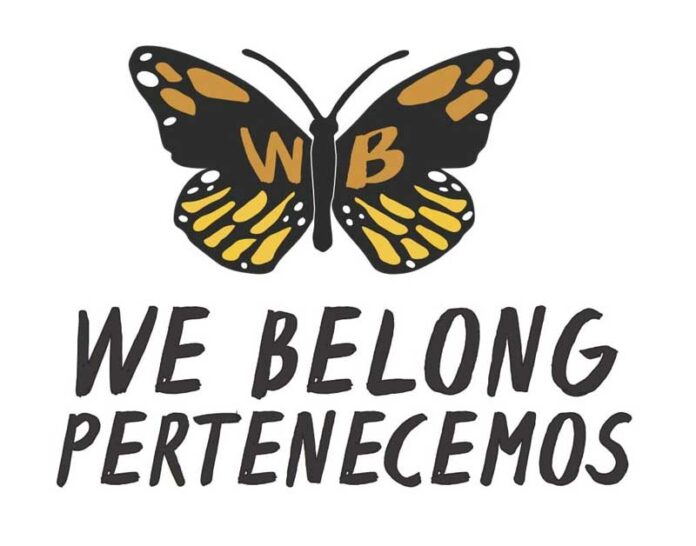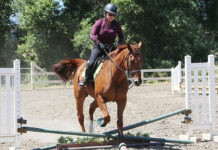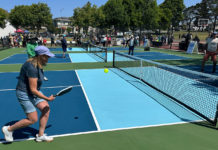WATSONVILLE—For the past three years, UC Santa Cruz’s (UCSC) We Belong research project has aimed to elevate immigrant voices, strengthen local community coalitions and inform local policy.
And next week, their work will be on display during a special event in downtown Watsonville.
We Belong grew out of several on-campus programs within its Sociology Department, including the Community-based Action Research and Advocacy Program and the No Place Like Home project, along with partner organizations such as Community Action Board (CAB), Community Bridges, and the United Way.
The project identified a need for better research on the experiences of immigrants, in order to better improve services and support advocacy efforts.
“What we saw was that immigrants bore the brunt of a lot of local issues,” said Dr. Steve McKay, associate sociology professor and director of the UCSC Center for Labor Studies. “We’re trying to look at immigrants not just as a variable, but instead at what it means to be an immigrant or from a mixed-status family.”
Key issues they discovered included physical and emotional well-being, legal statutes, economic well-being and places of belonging or exclusion. Students conducted over one hundred in-depth interviews and worked closely with social providers and advocated.
“What we’ve been asking is, what does it mean to belong to a mixed-status, or immigrant family in Santa Cruz County?” said Amaury Kruggel-Diazandi, a UCSC student who has been working on We Belong this school quarter. “Right now we are at the stage of fully analyzing that data that we’ve compiled over the years.”
McKay praised the students working on the project, which has been ongoing throughout the pandemic, adding an additional level of challenges.
“Students, many who are also from immigrant or mixed status families, worked on [We Belong],” he said. “It’s a testament to their ability to do this kind of work that we were able to interview so many people.”
To share their findings and provide important resources to the community, We Belong will host an event in downtown Watsonville on May 13 during the weekly farmers market. The event will include information about the project’s findings and a resource fair, as well as ballet Folklorico performances, games and activities.
“This is a new kind of event. We haven’t really done anything like it before,” McKay said. “We really are trying to push the envelope in linking research, community organization, and intervention. We want to make research accessible and understandable to all. Not just on campus or inside a closed building.”
McKay said they chose to hold the event during the Farmers Market after asking interviewees one simple question: “Where do you feel like you most belong?”
“Many of them said, ‘At the Farmers Market, downtown Watsonville on a Friday afternoon,’” McKay said. “So we thought, where better to share our results?”
A screening of the documentary “Fruits of Labor” will also be held, plus a discussion panel with filmmaker Emily Cohen Ibañez. “Fruits of Labor” follows the life of a Watsonville High School student from a mixed-status family who must work in the strawberry fields and factories to help support her family.
The event was organized with help from the city of Watsonville, Arts Council Santa Cruz County, Watsonville Film Festival and CAB. It will be held May 13, 5:30-9:30pm, with the film starting at 7:15pm. Organizers urge guests to bring their own blankets and low-back chairs.
“I hope this event will inspire a sense of hope and belonging for immigrants here,” Kruggel-Diazandi said. “With all the challenges they face … It’s almost like a sense of responsibility we have here at this institution to really be of service and provide these resources for these communities.”
Learn more about the “We Belong” project at webelongproject.sites.ucsc.edu.













